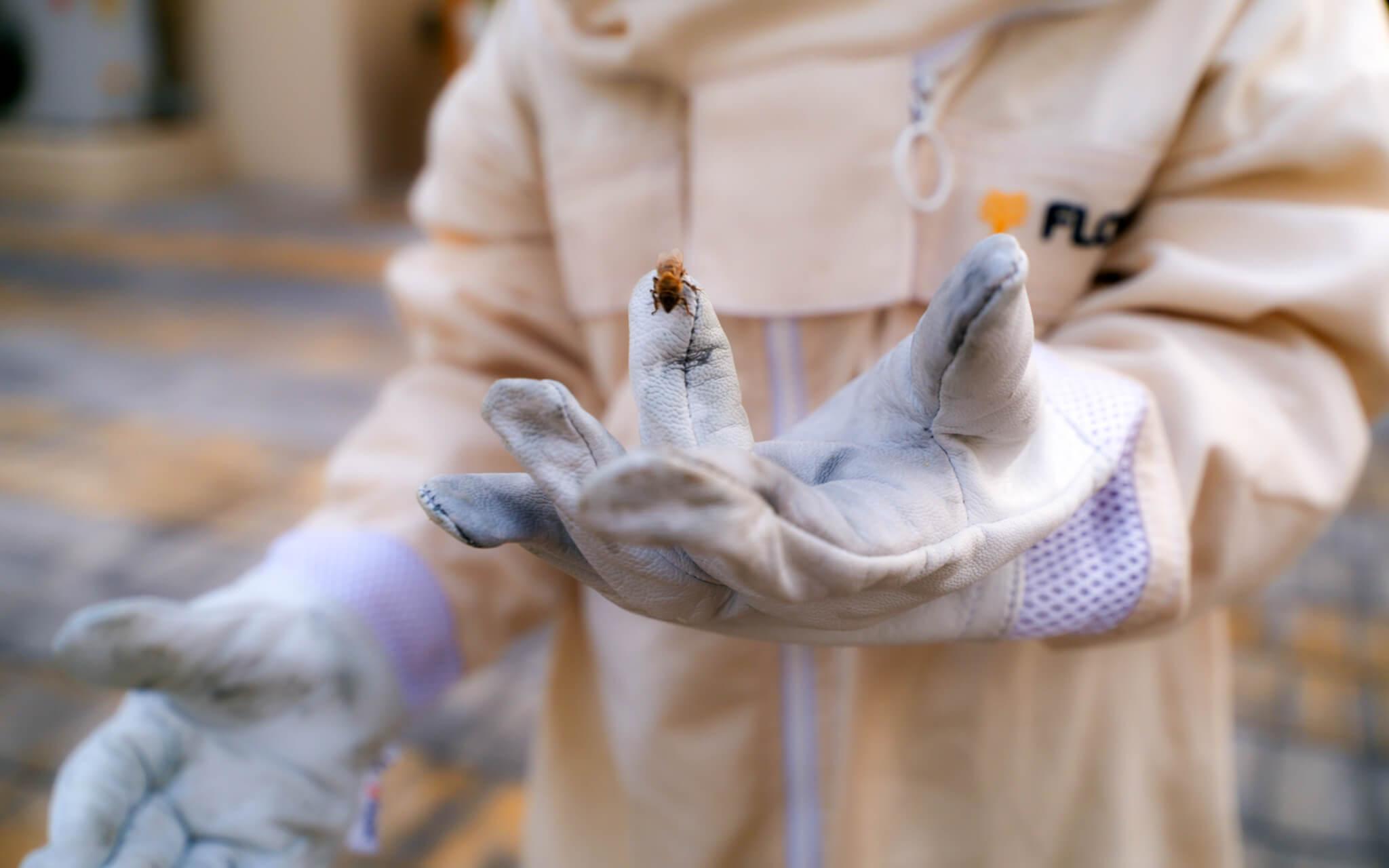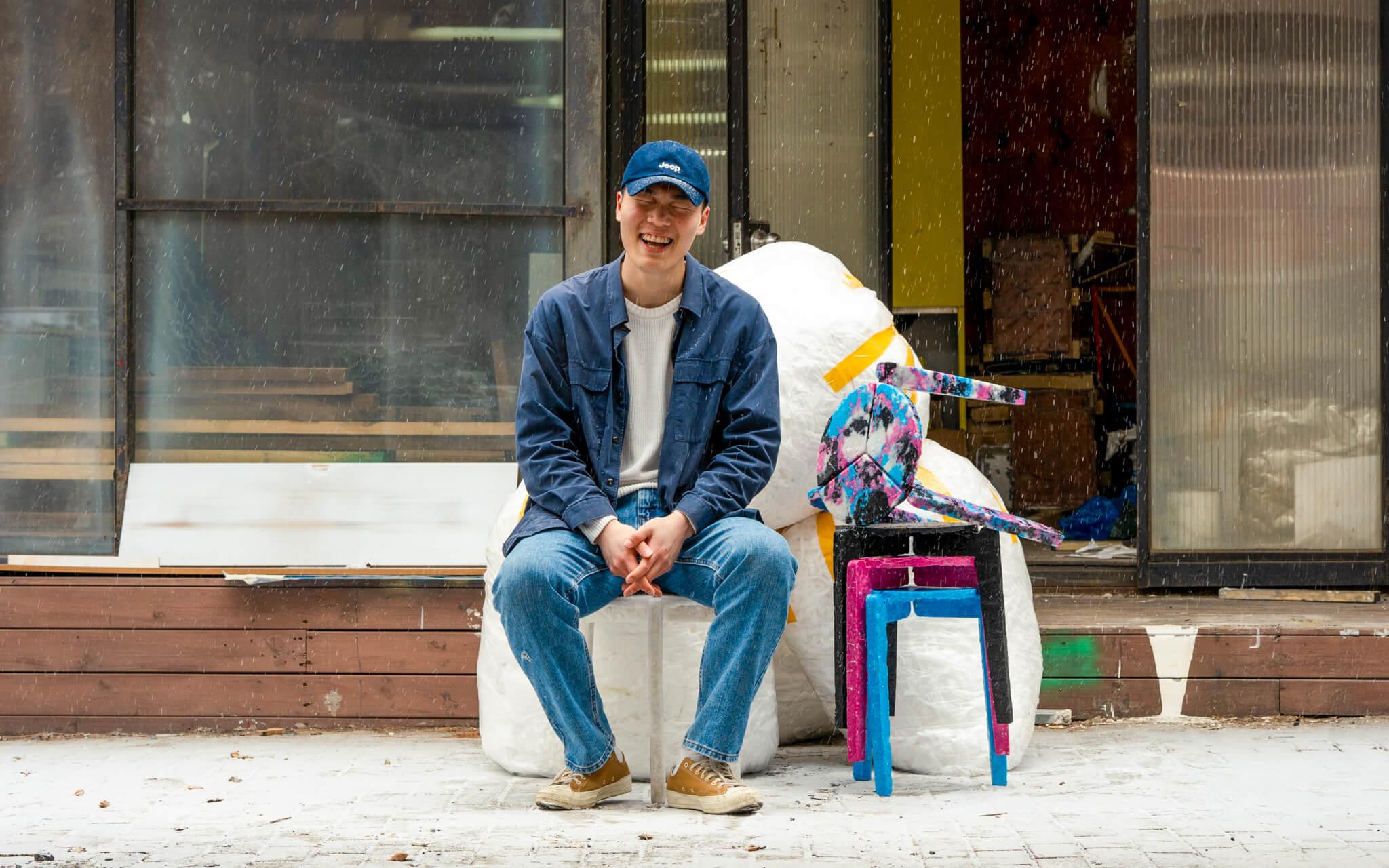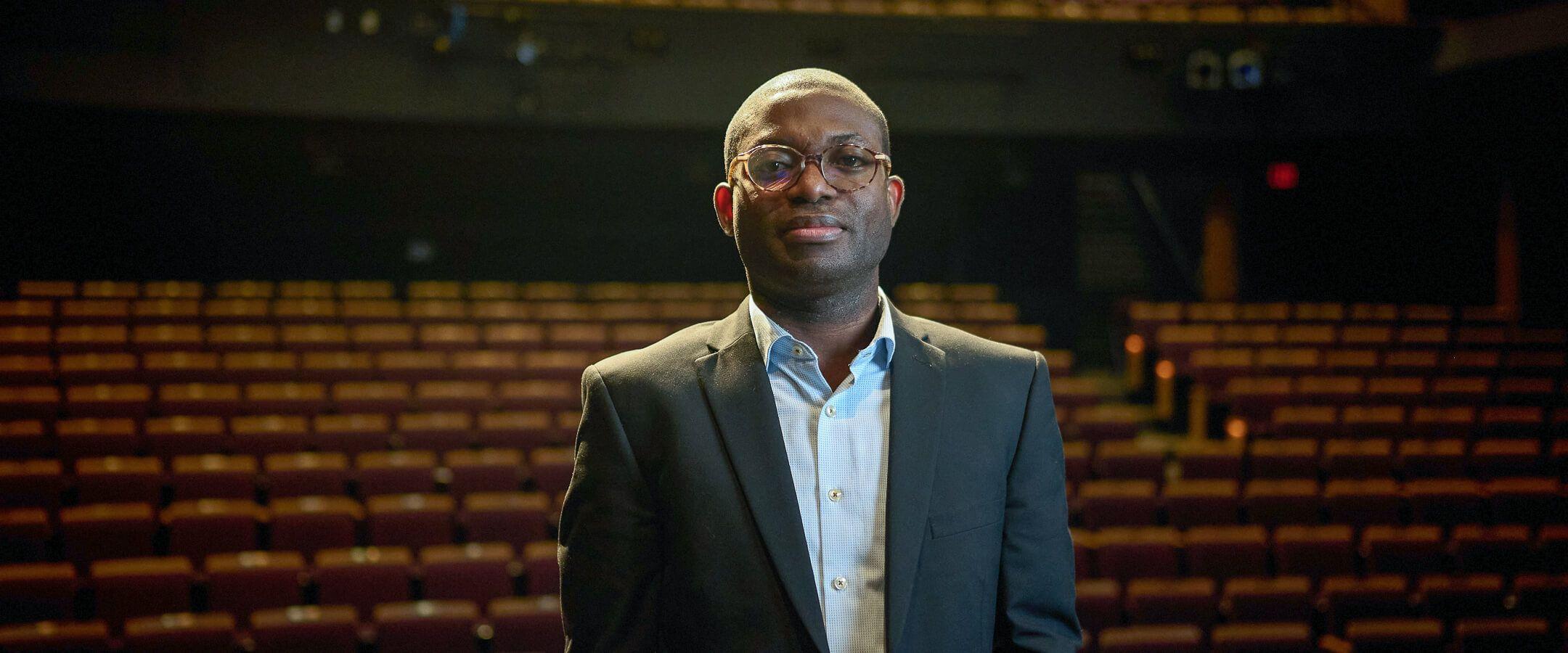A Seaweed Revolution for Ocean Restoration
In the Philippines, Coast 4C co-founder Nick Hill is proving that seaweed can revitalise both marine ecosystems and community livelihoods, creating a cycle where environmental and economic wealth thrive together.
British marine conservationist Nick Hill grew up splashing around in the sinkholes of Shropshire, England - an unlikely birthplace for a sustainable seaweed farming pioneer. Yet, it was in the murky depths of these inland pools that he first discovered a fascination with underwater worlds.
“I loved rummaging around the edge of those sinkholes. The scariest creatures I ever saw were dragonfly nymphs and things, maybe the occasional frog,” he chuckles, recalling his boyhood adventures. “But I was always drawn to the water.”
At 16, Nick's first diving experience in Kenya transformed curiosity into passion. After working in meat factories and potato farms to fund the trip, he found himself transported to the beauty of the Indian Ocean, rolling off a boat directly into a squadron of manta rays. It was a moment that felt like stepping into the David Attenborough documentaries that had captivated him as a child. “It was incredible,” he says. “From that moment, I was hooked.”
After studying ecology at university, Nick's academic path led him to East Africa, where he established an undergraduate expedition society and later worked as a researcher. On Vamizi Island, Mozambique - an isolated paradise with pristine beaches - ocean waters teemed with life and scenes straight from the BBC's Blue Planet unfolded before his eyes.
But with each passing year, these vibrant marine scenes began to vanish.“I saw the big longline fishing vessels coming in…the feeding frenzies of fish were gradually disappearing.”
Witnessing this destruction became a turning point for Nick. Traditional conservation models weren't working, and he began searching for alternatives that could address both environmental protection and community wellbeing.
His research into sustainable marine livelihoods led him to explore seaweed farming, ultimately guiding his path to the central Philippines, where coastal villages were struggling with depleted fish stocks and extreme poverty.
“Some [communities] were even trying to boil up soft coral to extract protein,” Nick explains. “I wasn't expecting the level of poverty when I got out there.” Communities had been devastated by overfishing, and people spent entire nights with 20 kilometres of fishing nets, only to return empty-handed.
His search for solutions led him to Madz Blanco, a leader in Filipino marine conservation. Their shared passion for people and ecosystems evolved into a powerful partnership, culminating in the development of Coast 4C.
“We're not just producing seaweed,” Nick explains. “We're creating a completely new ecosystem of support… It's about creating prosperous, resilient communities by looking after the environment.”
We're not just producing seaweed. We're creating a completely new ecosystem of support. It's about creating prosperous, resilient communities by looking after the environment.
Coast 4C is working with smallholder farmers in the Philippines to solve the bottleneck in global seaweed supply, while creating regenerative ocean farming systems. Their GROW program provides farmers with innovative input packages that transform agricultural and marine operations. They source high-quality seedlings, provide advanced farming technologies, and support farm management. The result: farmers are seeing up to a 4 times increase in yield and a 25% improvement in seaweed quality.
The harvested seaweed supplies industries from cosmetics to bioplastics. Global seaweed production has surged to over 35 million tons annually, doubling over the last fifteen years. This unique crop grows without fertilisers, pesticides, fresh water, or land, with some varieties ready for harvest in just six weeks.
A key innovation has been Coast 4C's development of Integrated Marine Protected Areas (iMPAs) that are 45 times larger than the Philippines' national average. These aren't just no-fishing zones - they're living, productive ecosystems. By designating specific areas for seaweed cultivation (about 5% of the total zone), they prevent environmental damage while allowing economic activity to flourish.
Such solutions are increasingly vital as marine ecosystems face unprecedented threats. Recent reports show that 80% of coral reefs worldwide have experienced mass bleaching - the worst global event on record - highlighting the urgent need for innovative approaches to ocean conservation.
“The Philippines is the centre of marine biodiversity,” Nick says, likening the country to a nursery ground for countless species of sea life. “We facilitate the process, but the communities lead.” Local mayors sign the protection agreements, but it's the villagers who propose and shape the marine protected areas.
And it’s the most profound changes that happen within the communities themselves. Women (who are often amongst the most vulnerable groups) are now at the forefront of the seaweed farming revolution. “At least 50% of seaweed farmers are women, and 77% of the farms that we've distributed packages to this year are female-led,” Nick says. “We're seeing previously marginalised women now leading seaweed farms. Their husbands are coming to work for them.”
As a 2024 Earthshot Prize finalist, Coast 4C targets over 500 families to receive regenerative farming packages this year, with an ambitious plan to protect nearly 6,000 hectares of ocean. The impact is already measurable: since implementation began, communities have seen a 35% decrease in poverty probability index within just one year.
Nick is quick to point out that this isn't charity - it's a sustainable business model. By shortening the supply chain and working directly with farmers, Coast 4C can pay premium prices while still offering competitive rates to buyers. “We invest in farmers,” he explains.
Looking forward, Nick envisions scaling this model beyond the Philippines. “I'd love to see this replicated in tropical parts of the world,” he says. “We're building the systems and tools that can help other communities transform their relationship with the ocean.”
As our conversation winds down, there's a sense of hope, not naive optimism, but a hard-earned belief in human potential. “Seeing what people can do when they put their minds to it,” he says, “…that's what gives me hope.”
Most Popular
The Climate Tribe delivers stories about Biodiversity and Conservation, Circular Economy, Food and Water , and how they intersect with climate.
Subscribe
Get the latest stories inspiring climate action around the globe straight to your inbox.






